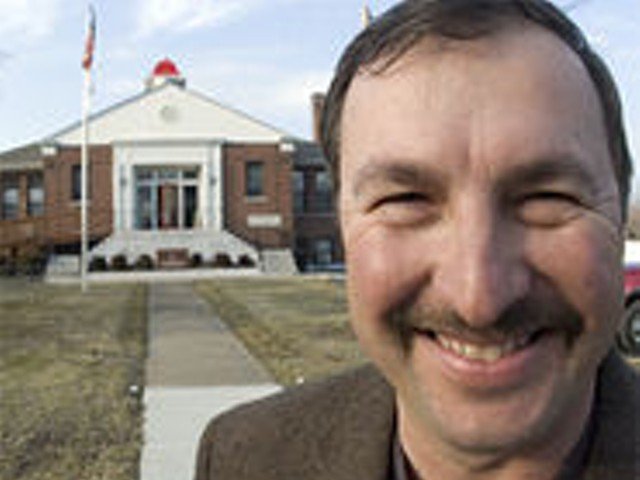Wade Boggs, Tampa, Florida
If having a fear of left-handed pitchers is a sign of superstitiousness, I am guilty, because I swung from the left side of the plate. Strangely, in twelve-inch fast-pitch softball, which I played before moving on to baseball, I never experienced such a feeling. It didn't matter what side a pitcher threw from.
In early 1950 I went to Greenville, Mississippi, to attend the first and only black baseball school in the nation, conducted by Homer "Goose" Curry, manager of the Memphis Red Sox. In the two weeks I was there, I apparently impressed Goose because I wound up in a Memphis uniform.
My first assignment with the team was pinch-hitting chores. By now I was well aware that pitching in baseball was much different from softball. While traveling from one town or state to another, I heard some of the best baseball stories ever. One in particular pertained to Luis Tiant, a left-handed pitcher who was said to be death on both right- and left-handed batters. Years later his son Luis Jr. would make several big-league rosters.
Supposedly, so deceptive was his pick-off move to first that at times it fooled the batter. It was said that in one game, with two outs, a man on first and a left-handed batter at the plate with a three-and-two count, Tiant kicked his right leg in the air as if going to the plate, picked the man off first and fooled the batter so terribly that he took a vicious cut for strike three!
I found this to be quite amusing until locking horns with Pat Scantlebury and Gene Collins, two left-handers. Scantlebury was with the New York Cubans; Collins was a Kansas City Monarch who played center field and pitched. My first dose of Scantlebury was so disastrous it was like I was killing snakes trying to hit his deliveries. I jumped around in the box so much one would have thought I was afflicted with obsessive-compulsive disorder. But my teammates were compassionate. They told me that if I thought Scantlebury was bad, wait 'til I met Collins (adding that he could throw harder than lightning could bump a stump and was wilder than a March hare).
I met him on a chilly night in Fulton, Missouri. By this time the talk about lefties had gotten to my head. The score was 2-1 in our favor at the top of the ninth, and I was scheduled to be the first man at the plate. Buck O'Neil, the Monarch manager, jumped from the dugout and headed for the field to wave Collins in. I watched Collins trot from center field to the mound. He fired three or four warm-up pitches, all sounding like cherry bombs exploding. I handed the bat to a right-handed buddy of mine and told him he was pinch-hitting for me. He responded by letting me know I wasn't the manager. I told him I didn't need a manager to manage my own life.
After the argument between Goose and I subsided, I proceeded to the plate and swung at every ball that came my way — whether it was over my head or hit the ground before reaching the plate. Yes, I was superstitious.
Prince Joe Henry, one of professional baseball's original "clowns," was
an all-star infielder for Negro League baseball teams in Memphis,
Indianapolis and Detroit throughout the 1950s. But up until the late 1940s,
Prince Joe didn't know anything about the Negro Leagues. His knowledge of
organized baseball was limited to the Cardinals and Browns games he attended
during his preteen years at Sportsman's Park, accompanied by lifelong buddy
Eugene "Gene" Crittendon, who could pass for white.
Perhaps Henry's most vivid memory of those games: Upon entry, white ushers would politely escort the boys to a small section of the left-field stands reserved for "Colored." After climbing past several tiers of bleachers, they'd arrive at their stop, rows and rows behind their white counterparts.
Even at a young age, the boys were conscious of the double standard -- and determined to vent their disdain. The opportunity would arise with the urge to urinate. Rather than head for the latrine, the boys would edge their way to the front of the section and let fly. As the liquid foamed its way down the concrete steps toward the white kids, Henry and his pal would ease back and relax, politely rooting for the visiting team to beat the hell out of the Browns or the Cards.
After all, Henry and Crittendon hailed from Brooklyn, Illinois, a small, predominantly black township just east of the Mississippi River. So hospitable were the residents of Brooklyn that they were known to take in a rank stranger, treat him to breakfast, lunch, supper and a night out on the town -- and afterward, if he messed up, treat him to a good ass-whippin'.
Direct questions on any and all topics to [email protected]. If we don't like yours, we'll hit Joe with our own.





